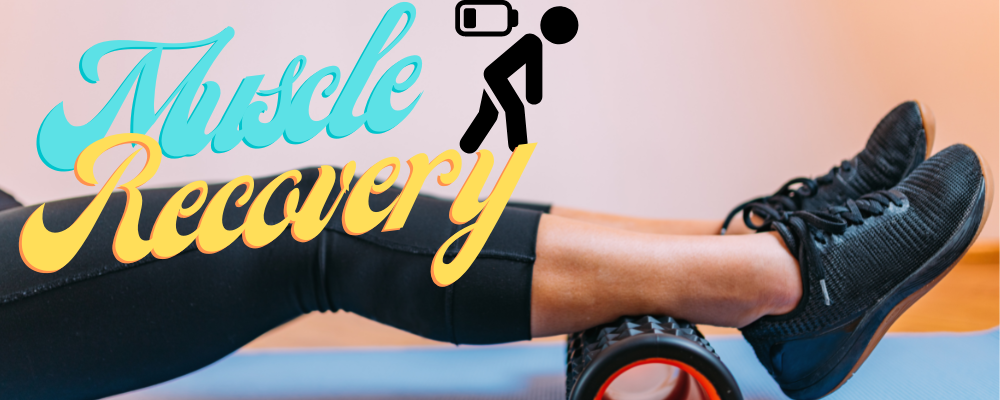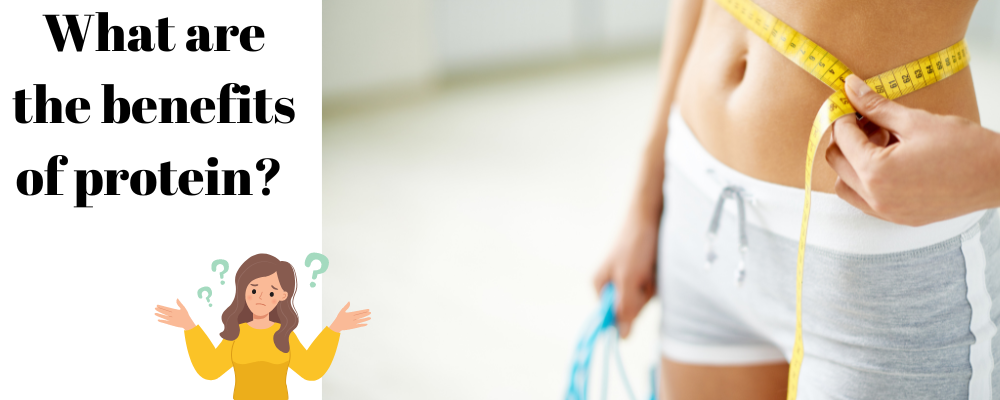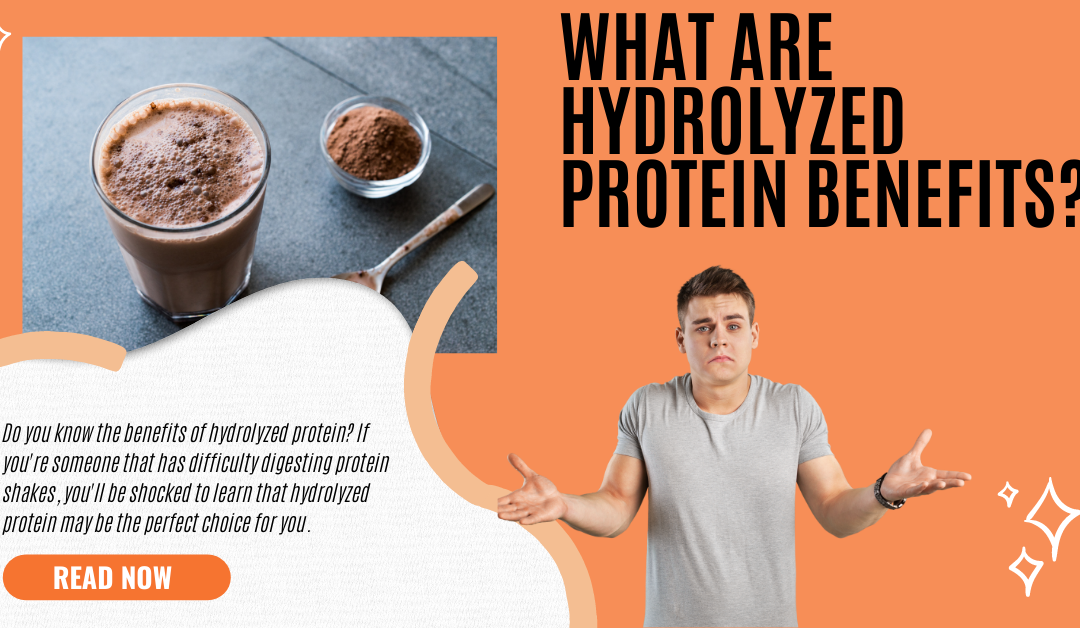Do you have digestive issues or just find your normal source of protein difficult to digest? Then, hydrolyzed protein benefits are perfect for you. Hydrolyzed protein powder comes in whey isolate form, so it’s ideal for an after-workout shake or just to add more dietary protein to your diet.
What Is Hydrolyzed Protein?
Hydrolyzed protein is often associated with dog food – really – but there is also hydrolyzed protein powder made for human consumption. Hydrolysis occurs to isolate certain amino acids, but when it’s used in protein, it is often done to reduce the allergen properties of protein.
For example, infant formulas often undergo hydrolysis to help reduce allergens, especially milk intolerance.
The main reason to use this type of protein is that people have:
- Digestive function issues
- Allergies to certain proteins
People who have issues digesting normal protein will benefit from the breaking down of peptide bonds responsible for holding amino acids together. Enzymes are used to break down the peptides into one of two types of protein:
- Partially hydrolyzed protein
- Full hydrolyzed protein
If a protein is fully hydrolyzed, the amino acids have all been isolated. Otherwise, the product is likely partially hydrolyzed, meaning that long protein strands have been broken down to smaller protein strands or, even single amino acids.
4 Hydrolyzed Protein Benefits
What are the benefits of hydrolyzed protein? There are quite a few. We’ve added only the benefits that have studies to back their claims. But there may be even other benefits that researchers haven’t validated.
1. Easy to Digest
The main reason most people seek out this type of protein is that it’s easy on the digestive system. If you have allergies or a compromised digestive system, hydrolyzed protein will be beneficial because it’s already partially broken down.
When taking any whey protein, it can be difficult on the stomach due to lactose.
Depending on the person, they may experience none or some of the following symptoms:
- Bloating
- Cramping
- Diarrhea
Bloating is common, but then some people feel 100% fine after taking their protein shake. Of course, your digestive health will play a significant role in how you feel, but the hydrolysis process makes it much easier to consume protein without digestive discomfort.
With this said, if you have a severe allergy to milk protein, you’ll want to seek out another form of protein that isn’t derived from lactose.

2. Enhances Muscle Recovery More Than Just Whey Concentrate or Isolate
A 2009 study on the benefits of hydrolysate whey protein looked at the supplement’s ability to enhance muscle force-generating recovery. The study was setup as follows:
- Participants engaged in eccentric exercises
- Participants consumed 25 grams of protein following exercise
All protein was consumed with flavored water following intense workouts. The study found that recovery of muscle force was greater in participants who consumed the hydrolyzed whey than in those that had the isolate version.
Soreness in the two groups was equal, so this easy-to-digest protein won’t help reduce muscle soreness.
However, if you need to have fast muscle recovery, such as is needed by athletes or even strongmen that may train close to competitions, it may be beneficial to swap in a hydrolyzed protein into the mix.
3. Increases Muscle Protein Synthesis
Protein synthesis is why many people are reading this article and focusing on their protein content. A 2019 study wanted to determine the muscle protein synthesis benefits of whey hydrolysate vs intact whey protein.
The study looked at:
- Fractional synthetic rate (FSR)
- Muscle protein synthesis (MPS)
It’s well-known and understood that one of the hydrolyzed protein benefits is the ability to stimulate MPS. However, researchers wanted to determine if hydrolyzed provided higher MPS than intake protein.
Researchers made the rats swim for two hours and then ingest protein. The rats were then tested every 30 minutes for the first two hours after exercise to measure FSR.
Whey protein hydrolysate was shown to offer greater MPS after exercise, especially when consumed at lower doses of 0.5g per pound of body weight versus 2g per pound of body weight.
Note: The study was conducted on rats, so more research in this area is certainly needed. However, the benefits should also be experienced in humans.
4. Restores Glycogen Post-Workout
Glycogen is an integral part of recovering from a workout or any strenuous activity. When you need to restore your depleted fuel stores, muscle glycogen is what your muscles need. With all of this in mind, a 2004 study from the University of Texas at Austin conducted a study that found carbohydrate drinks with the addition of protein can help with:
- Fueling your next workout
- Limiting muscle damage after a workout
However, the study does leave a lot to be desired. But a study from 2010 showed that when you mix carbohydrates with whey protein hydrolysate, skeletal muscle glycogen activates key Akt/PKB enzymes and even PKCs.
Overall, glycogen stimulation was higher when hydrolyzed protein was added.
If you’re having difficulty recovering from intense workouts or want to maximize your recovery efforts, you may want to consider adding carbs and protein into your after-workout protein shake.

Don’t Forget About the General Benefits of Protein
There are a lot of specific hydrolyzed protein benefits to consider, but don’t forget about general protein benefits either. Consuming more protein also helps with:
- Hunger and Appetite. Are you always hungry? It’s easy to reach for a carb-heavy snack. However, if you want to lose weight, protein can help. Studies on protein and weight loss found that protein makes you feel fuller even when you consume lower calories. For example, consuming 200 calories of protein will help you control hunger far better than 200 carb-filled calories. In fact, increasing protein intake by just 15% – 30% led to overweight participants in one study eating 440+ fewer calories – naturally.
- Boost Bone Health. No one really thinks about their bone health until they have bone-related issues, but your bones will begin to lose mass as you age if you don’t maintain a good diet. Studies show that eating protein over the long-term will help you maintain bone mass. Additional studies show higher protein consumption lowers your risk of fractures, osteoporosis and bone mass loss.
- Increase Your Metabolism. Do you want to boost your metabolism? Studies show that protein has double or higher the thermic effect compared to fats and carbs. In addition, studies also show higher protein counts can lead you to burn an additional 80 to 100 calories per day. When compared to low protein eaters, calorie expenditure may be 250+ calories higher.
- Aids in Maintaining Weight Loss. Eating fewer calories per day and increasing your metabolism by consuming more protein will lead to significant weight loss benefits. It should come as no surprise that higher protein consumption can also help a person maintain weight loss over the long-term. An interesting 12-week study found that overweight women who increased protein consumption by 30% and made no other dietary changes lost 11 pounds, on average.
Add in the benefits of an increase in muscle mass and strength and trying to up your protein intake makes a lot of sense. Even a small boost in protein consumption will lead to significant benefits in muscle mass, bone health and even caloric intake.
Still have questions about hydrolyzed protein benefits or this protein in general? The following questions should help clear up some of the questions that you have.
Hydrolyzed Protein FAQs
What Is Hydrolyzed Wheat Protein?
Hydrolyzed wheat is meant for hair health in most cases. This protein comes from wheat germ and extracts amino acids and peptides thought to be good for your hair.
What Is Hydrolyzed Whey Protein?
Are you trying to crush your leg workouts, lift heavy or just want to stack on muscle? Then, you’ll likely want a hydrolyzed whey protein powder.
Why?
- It’s the same whey protein that bodybuilders swear by
- Absorption rate is even faster
If protein supplements or high protein diets cause you digestive discomfort, a hydrolyzed protein diet may be a good option for you.
Whey protein hydrolysates were shown in one study to accelerate muscle protein synthesis compared to traditional whey.
What Is Hydrolyzed Soy Protein?
Just like the other forms of protein, soy protein hydrolysates are the breakdown of the larger soy molecules into smaller particles. However, this isn’t something that you’ll take as a protein supplement.
Instead, soy is used to create vegetable protein products and is used as a flavor enhancer.
Whey Protein Isolate Vs Hydrolyzed: Which Offers Faster Absorption
Hydrolyzed protein powder absorbs faster in the gut than both isolates and concentrates. The hydrolysis process helps remove or unbind amino acid and allow for faster metabolization. The one downside is that the extra processing of the protein makes it more expensive.
If you don’t have digestive problems, you can save money by purchasing an isolate or concentrate supplement.
Protein has a lot of benefits, whether it’s pea protein, whey, casein, isolated or hydrolyzed.
Which protein should you take?
It’s an impossible question to answer without knowing you or your goals better. But, many “gurus” recommended mixing protein to allow for different absorption times. For example, you may mix hydrolyzed whey protein with casein because of their differing absorption times.
If you’re trying to maximize your strength or power or just supplementing to meet your dietary needs, you should at least consider the hydrolyzed protein benefits above.

